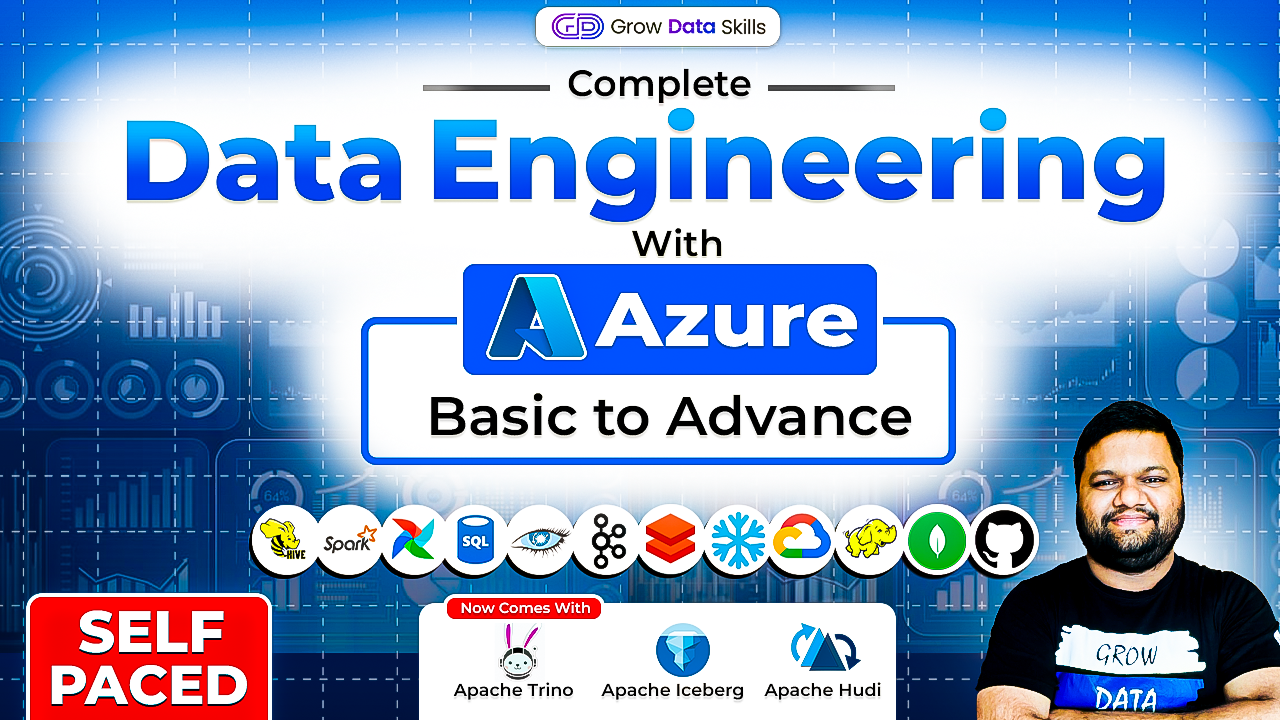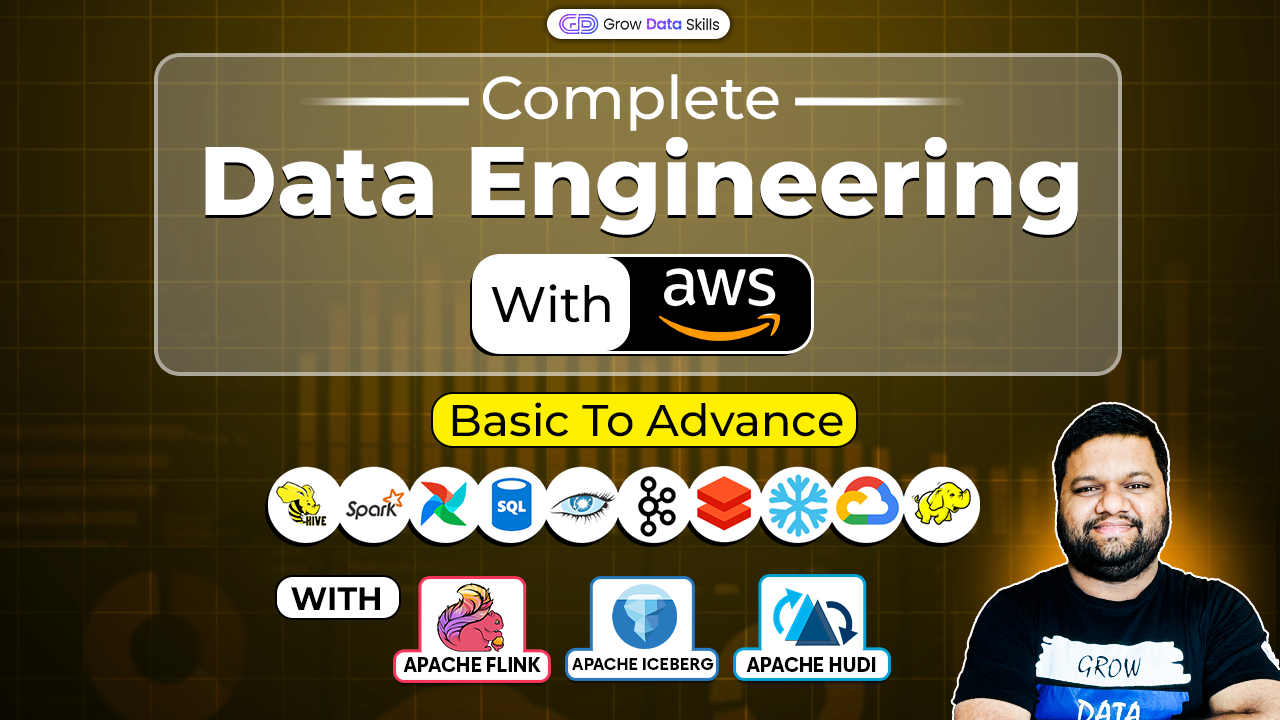Generative AI is revolutionizing various industries, from content creation to software development. If you're interested in becoming a generative AI developer, you're stepping into an exciting and rapidly evolving field. This roadmap will guide you through the essential steps to build your skills and knowledge in generative AI development.
1. Build a Strong Foundation in Programming
Before diving into AI, ensure you have a solid grasp of programming basics:
- Choose a programming language: Python is widely used in AI and machine learning, making it an excellent choice for beginners.
- Learn data structures and algorithms: These are crucial for efficient problem-solving in AI.
- Understand object-oriented programming (OOP) concepts.
- Practice version control with Git and GitHub.
2. Develop Your Mathematics Skills
AI relies heavily on mathematics, Focus on:
- Linear Algebra: Vectors, matrices, and tensor operations
- Calculus: Derivatives, gradients, and optimization techniques
- Probability and Statistics: Probability distributions, hypothesis testing, and Bayesian inference
- Information Theory: Entropy, mutual information
3. Gain Knowledge in Machine Learning
Machine learning is the foundation of generative AI:
- Start with supervised and unsupervised learning algorithms
- Study neural networks and deep learning concepts
- Familiarize yourself with popular libraries like TensorFlow, Py-Torch, and Keras
- Implement classic machine learning models from scratch to understand their inner workings
4. Dive into Natural Language Processing (NLP)
NLP is crucial for many generative AI applications:
- Learn about text preprocessing, tokenization, and embedding techniques
- Study sequence models like RNNs, LSTMs, and GRUs
- Explore transformer architectures, which are the basis for many modern language models
- Implement basic NLP tasks like sentiment analysis and text classification
5. Explore Generative Models
Now, focus on generative AI techniques:
- Start with basic generative models like Variational Auto encoders (VAEs)
- Study Generative Adversarial Networks (GANs) and their variations
- Learn about language models like GPT (Generative Pre-trained Transformer)
- Explore diffusion models for image generation
6. Understand Large Language Models (LLMs)
LLMs are at the forefront of generative AI:
- Study the architecture and training process of models like GPT, BERT, and T5
- Learn about few-shot learning, zero-shot learning, and prompt engineering
- Explore techniques for fine-tuning pre-trained models on specific tasks
7. Develop Practical Skills
Apply your knowledge to real-world projects:
- Build a text generation model using an LSTM or a small transformer
- Create an image generation project using GANs or diffusion models
- Develop a chatbot or question-answering system using an LLM
- Participate in Kaggle competitions or contribute to open-source AI projects
8. Stay Updated and Engage with the Community
The field of AI is rapidly evolving:
- Follow AI research papers on platforms like arXiv
- Attend AI conferences and workshops (virtually or in-person)
- Join online communities on platforms like Reddit, Stack Overflow, or Discord
- Contribute to open-source AI projects on GitHub
9. Consider Ethical Implications
As an AI developer, it's crucial to understand the ethical considerations:
- Study AI ethics and responsible AI development practices
- Learn about bias in AI models and techniques to mitigate it
- Understand privacy concerns and data protection regulations
10. Specialize and Advance Your Career
As you accumulate experience, you might consider focusing on particular specialties:
- Multimodal AI (combining text, image, and audio)
- Reinforcement learning for generative tasks
- AI for specific domains (healthcare, finance, creative arts)
Conclusion:
Becoming a generative AI developer is an exciting journey that requires dedication, continuous learning, and practical application. By following this roadmap and consistently working on projects, you'll build the skills needed to succeed in this rapidly growing field. Remember, the key is to start with the basics, gradually build your knowledge, and always stay curious about new developments in AI.





Blog liked successfully
Post Your Comment